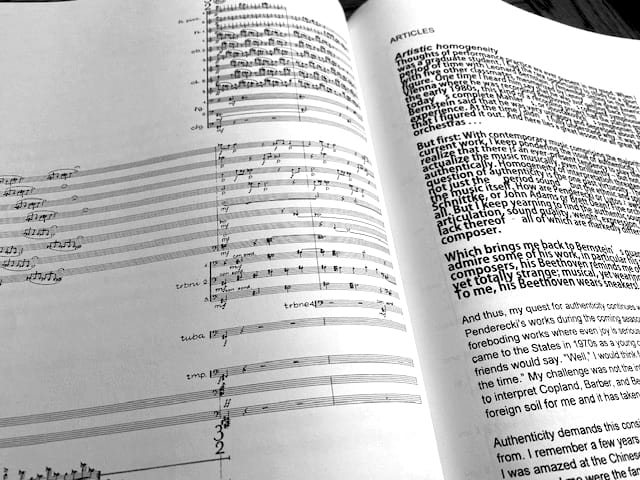Thoughts of performance practice are ever present in my mind. When I was a graduate student, I had the rare opportunity to study for a short period of time with Leonard Bernstein. I remember sitting on the floor with five other classmates, mesmerized by “Lenny”, the great American figure. One time I heard him say that he was just getting back from Vienna where he was recording Beethoven’s complete symphonies. In the early 1980s, this kind of a recording project had the stature equal to today’s complete Mahler’s, or Shostakovich’s symphonies. But Bernstein said that he was very unhappy and depressed about the experience. At the time I didn’t fully understand why. It was years later that I figured it out. And here lies a great lesson for all great Western orchestras . . .
But first: With contemporary music comprising the majority of my current work, I keep pondering the issue of authenticity. I came to realize that there is an ever-present tendency to play the notes and actualize the music musically, even brilliantly – but not necessarily authentically. Homogeneity of interpretations threatens because the real question of authenticity is the one past virtuosity. The real question is not just the “period sound” but the ethnic and spiritual character of the music itself. How are Penderecki or Lutosławski different than Schnittke, or John Adams or Brett Dean? Fine orchestras can play them all. But I keep yearning to find the authentic sound. The color, articulation, sound quality, weight, expression, flow of energy or the lack thereof – all of which are markedly different from composer to composer.
Which brings me back to Bernstein’s quandary. While I continue to admire some of his work, in particular his recordings of American composers, his Beethoven reminds me of Karajan’s Mozart: convincing yet totally strange; musical, yet wearing the wrong clothes, so to speak. To me, his Beethoven wears sneakers!
And thus, my quest for authenticity continues with the upcoming set of Lutosławski’s and Penderecki’s works during the coming seasons in London. These are deep, often dark and foreboding works where even joy is serious. This reminds me of my own experience when I first came to the States in 1970s as a young conductor. “Why are you so serious” my colleagues and friends would say. “Well,” I would think for a second, and say “what’s so funny that you smile all the time.” My challenge was not the interpretation of Shostakovich. As a Slav, my challenge was to interpret Copland, Barber, and Bernstein. I needed to learn how to put on a smile. It was a foreign soil for me and it has taken me years before I could do justice to American works.
Authenticity demands this consideration of the spirit, the soil from which the composition comes from. I remember a few years ago taking several concert tours of China with various orchestras. I was amazed at the Chinese cuisine and the variety of incredible tastes. But what really impressed me were the familiar dishes which in China tasted radically different. This was, no doubt due to the fact that the meet, vegetables and the spices grew locally, from the Chinese soil. The chemical make-up of the soil gave the food a specific taste. When grown in Europe or America, they reflected the chemistry of the European or American soil – and thus barely resembled the authentic Chinese taste.
I think that is what was bothering Bernstein: he had the recipe but he could not replicate the dish. His Beethoven recordings have a non-Viennese taste to them even when recorded by a Viennese orchestra.
That, then is the challenge that all serious conductors face: to get to the authentic essence and come to understand the chemical make-up of the composition.


